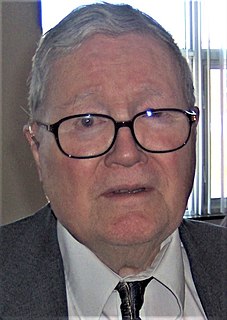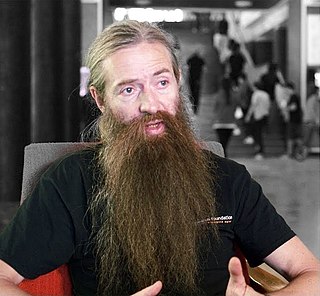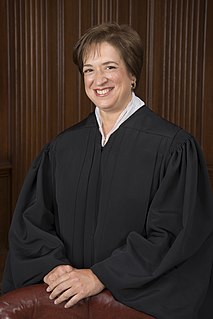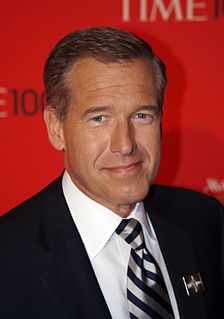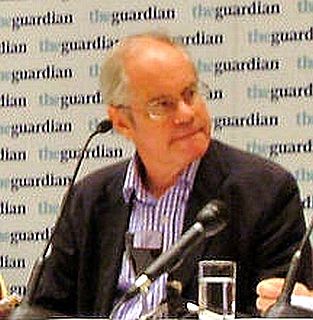Цитата Гордона Таллока
Вполне может быть, что Конгресс желает ограничить пожертвования на предвыборную кампанию, потому что у него есть эти привилегии. Это правда, что действующие лица обычно получают больший вклад, чем их соперники. Оппоненты хоть и получают какие-то деньги, но не имеют доступа к привилегиям действующего президента.
Связанные цитаты
Борьба за пост в нашей стране требует больших денег, и кандидаты должны идти и собирать их. Нью-Йорк, вероятно, является ведущим местом для сбора средств для кандидатов по обе стороны прохода, а также является нашим экономическим центром. И здесь есть много людей, которым следует задать несколько сложных вопросов, прежде чем передать взносы на избирательную кампанию людям, которые действительно играли в курицу со всей нашей экономикой.
Для Соединенных Штатов наша политическая система явно искажена. У нас есть махинации, так что возникает ситуация, когда еще миллион избирателей голосуют за демократов, а палата контролируется республиканцами. Совершенно очевидно, что то, как работает наш Конгресс, очень важно. Другой большой проблемой является влияние денег на политику. Это не только взносы на предвыборную кампанию. Люди вроде Трампа - либо вы становитесь очень зависимы от своих благодетелей, либо вы очень богаты.
Я думаю, что существует подавляющая поддержка реформы финансирования избирательных кампаний, включая консерваторов и республиканцев. Проблема в руководстве; с политиками, которые извлекают выгоду из крупных пожертвований на предвыборную кампанию и темных денег в предвыборных коммуникациях и так далее.
Я делаю обычный вклад, особенно для людей, которые едут в Африку и помогают освещать глобальное здравоохранение, и это, как правило, носит двухпартийный характер из-за коалиции, которая, к счастью, существует вокруг этих глобальных проблем здравоохранения. Но я не думаю, что моя поддержка, вложение больших денег в политические пожертвования — это способ, которым я собираюсь попытаться помочь улучшить мир.
